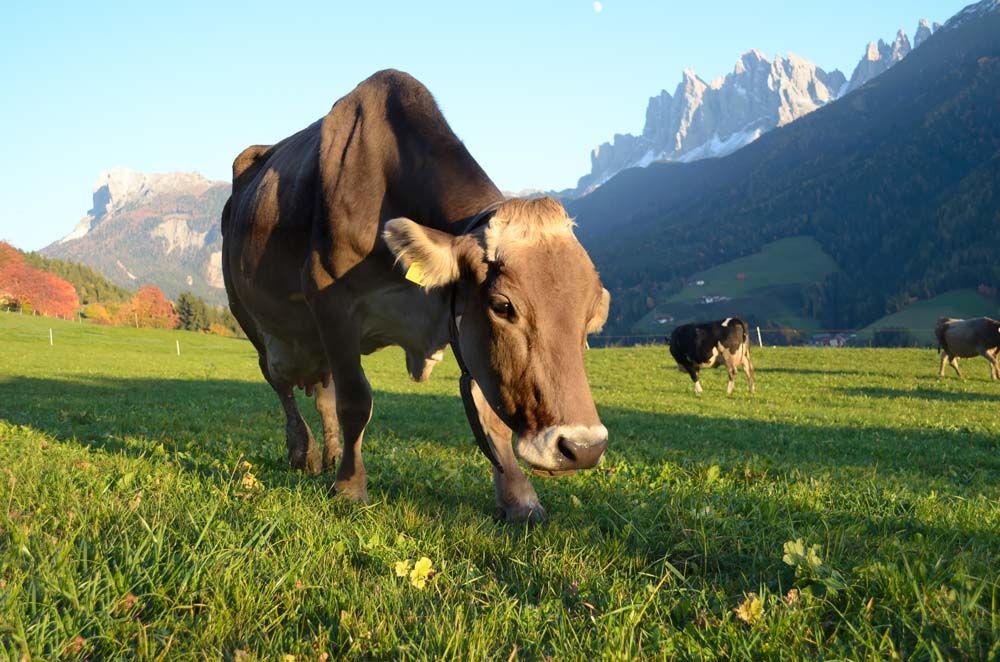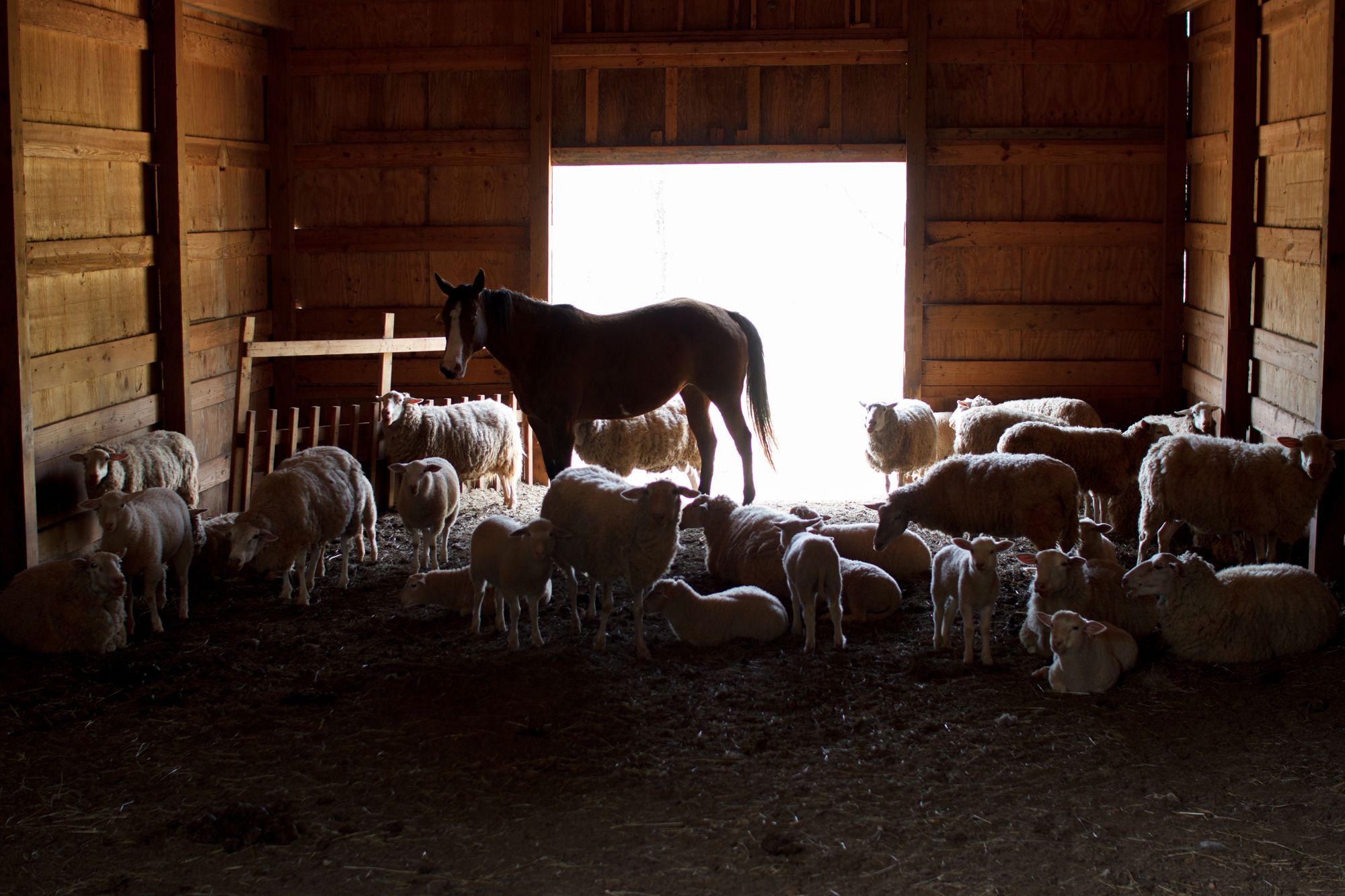How the Cicada Invasion Impacts Your Animals
Understanding the Effects of the Cicada Invasion on Your Pets


Animals, including cattle, are known to be adaptable under many different circumstances. Will they be bothered by trillions of cicadas this spring? Cattle, goats, pigs and horses are startled by motion and certain environmental noises. Yet, most livestock can readily adapt to reasonable levels of continuous sound, such as a humming noise or instrumental music.
What if you don’t own goats but live with a few dogs and a barn cat? Outdoor cats and dogs that spend much of the day roaming a few acres may gorge on these crunchy bugs if given the chance, and cats will decide whether to kill one, eat it or see if it fights back.
PJ Liesch, the bug guy and Extension Entomologist at the UW-Madison Department of Entomology, told AcreageLife that two different broods of cicadas (brood 13 are 17-year cicadas, and brood 19 are 13-year cicadas) are emerging simultaneously this spring. This will be an event that hasn’t occurred since 1803 when Thomas Jefferson was president. There will be isolated pockets. Cicadas feed on the roots of trees as juveniles, and trillions will emerge if you’re in a hot spot. Northern Illinois and Wisconsin are both hot spots for brood 13. Brood 19 is in the southern half of Illinois and across the south.
The emergence of cicada nymphs is tied to the temperature of the soil at a depth of eight inches and decent rainfall. Typically, they emerge when the soil temperature reaches around 64 F.
Will Trillions of Cicadas Stress Out Your Animals?
Nope! They are non-toxic, defenseless and clumsy. “They emerge, and it’s a free buffet for wildlife. The benefits outweigh the negatives; animals can feed on these and readily gorge themselves on cicadas. Wildlife populations in these hot spots do a little better in the immediate future. It’s free accessible food,” Liesch told AcreageLife.
Cicadas will not lay eggs on your horses and cattle. They only lay eggs on woody plants, shrubs, grape vines and trees. Thankfully, you don’t have to worry about checking for hundreds of cicada eggs! While your horses are safe from cicada eggs, your pets might not be as fortunate when it comes to the sheer number of these insects.
These bugs will blanket the lawn when they emerge. The hard exoskeletons may not bother a hungry opossum, but too many will irritate your pet’s digestive system. You don’t want your dog to eat a second breakfast of these bugs! Your feline buddy should not consume large amounts of these cicadas, either. Domesticated animals will be ok if they eat one or two but they could easily choke on the exoskeleton. Your pets should stick to their regular diet of dog and cat food! Cicadas are not a replacement for a well-balanced diet, even if you are running low on kibble.
On the other hand, birds, opossums, fish and other wildlife with an insectivorous diet can gorge themselves on cicadas and it may have no effect on them at all.
A reason for the sheer numbers is considered a survival strategy for cicadas. “If you come out every year in low numbers, this impacts your ability to reproduce. If you’re a large insect and noisy, that could be easy for vertebrates to find out. Yet, in massive numbers, their predators will get a full tummy and won’t eat all of them. So, they can safely lay and survive,” Liesch said.
Trillions of exoskeletons left behind will litter the ground with an odor as they break down.
Cicadas Are Loud and Look Prehistoric
The noise level of these bugs is reason enough to drive to a hotspot. If you’re close to the bugs, the noise level in decibels is close to 100 dB. Any noise exceeding 70 dB is typically considered disturbing to humans. However, your animals will likely get used to the humming noise.
Worldwide, there are 3,000 different species of cicadas. “The cicadas we’re going to see are called periodical cicadas. There are seven and all look similar. About an inch long with black bodies and distinct red eyes,” Liesch said.
What stands out to Liesch about this event? “It’s just like having a solar eclipse. You may only have a handful of opportunities to see this type of event if you live in a hot spot. I’ve never seen these with my own eyes. At age 39, this is my first opportunity to see these in Wisconsin. I may only have three or four more opportunities in my lifetime,” Leisch said.
Like the recent solar eclipse, this is a once-in-a-lifetime event.
Cicada safari is a popular app that community scientists use to help entomologists nationwide this spring.
Tags:Country Critters

Acreage Life is part of the Catalyst Communications Network publication family.
















